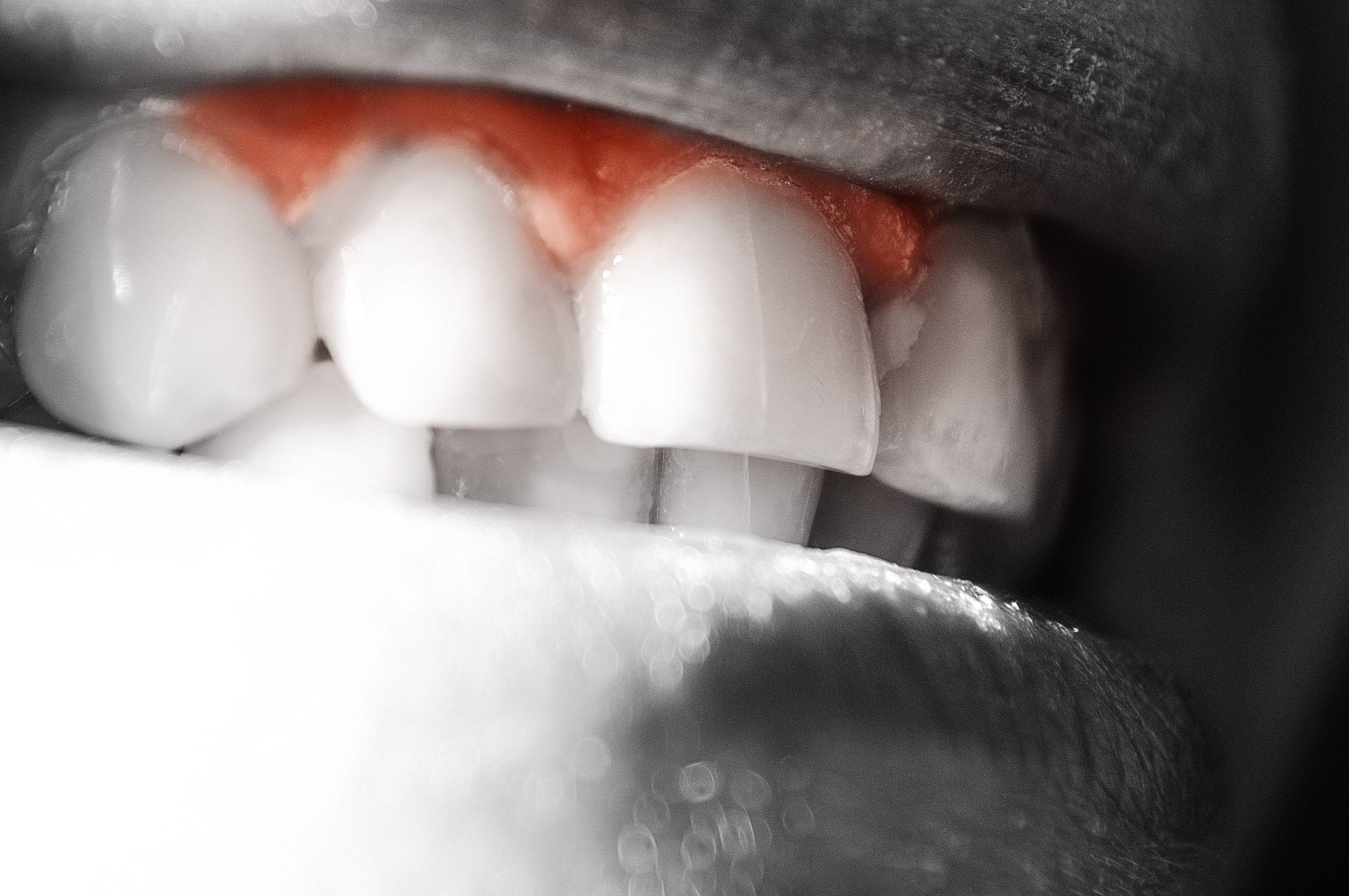
Have you recently seen blood in the sink when you brush?
The sight can be alarming, but it’s not necessarily something to panic about.
Below we are going to talk about several reasons that your gums may be bleeding, and what you can do to care for them.
Neglecting Cleanings
You may see bleeding if it’s been too long since your last dental cleaning. The dentist needs to remove the plaque under your gums at least twice per year.
Neglecting your trips to the dentist not only set you up for gingivitis, but the disease can progress into periodontitis, a serious oral disease that can mean tooth loss and threats to internal organs. Schedule a cleaning if it’s been longer than six months since your last appointment.
New Routines
If you have recently switched from a soft-bristled toothbrush to a firm-bristled toothbrush, you may see blood for a few days. Use gentle pressure until your gums can adjust. The same can be said if you have recently resumed flossing. You may experience bleeding for a few days, but see a dentist if your situation doesn’t improve after a week or two.
Medications
Blood thinners can make clotting difficult in your mouth, so your gums may be prone to bleeding if you are taking that type of drug. Other drugs, such as those used for cancer treatments, may cause dry mouth. Make sure your doctor and dentist are aware that your gums are bleeding, so they can monitor the problem and offer other treatments to alleviate your symptoms.
Pregnancy
Hormonal changes during pregnancy can affect the response to bacteria in the mouth, which can lead to gingivitis. Keep regular dental visits during pregnancy so that your dentist can evaluate and treat any bleeding or tenderness you may be experiencing.
Tobacco Use
Whether you smoke or chew tobacco, you are putting your gums at risk for infection. The toxins in cigarettes cause inflammation, and chewing tobacco can aggravate an already-infected mouth. This is just another reason to stop using tobacco so you can live healthy.
Stress
When you are stressed, your body produces cortisol, a hormone that increases inflammation. Your gums may become more inflamed when you are stressed out.
Also, if your diet has gone downhill due to stress, you aren’t doing your gums any favors. Healthy gums need a balanced diet with lots of fruits and vegetables. Limiting your carbohydrate intake will help reduce plaque buildup as well.
Family History
Some of us are more prone to oral diseases. About 35% of Americans are genetically predisposed to periodontal disease. Your dentist can offer you a DNA test to see if you are prone to oral diseases.
Oral Disease
Gingivitis is the condition when your gums become inflamed. This is usually because plaque has built up on your teeth and you haven’t removed it with your oral care habits.
Regular brushing after each meal and flossing twice per day will strengthen and protect your gums, which are the softest tissues in your body. They are highly susceptible to infection, and your regular attention can restore them to health.

It’s important to use proper technique when brushing and flossing. Acting too vigorously can actually cause bleeding. Use gentle pressure with a soft-bristled toothbrush, and gently slide the floss between your teeth.
Bottom line? If you’re worried, contact your dentist to set up an evaluation. Then you’ll know for sure what’s going on – and how to prevent further issues in the future.






